Is Teeth Whitening Safe? Expert Opinions You Need to Hear
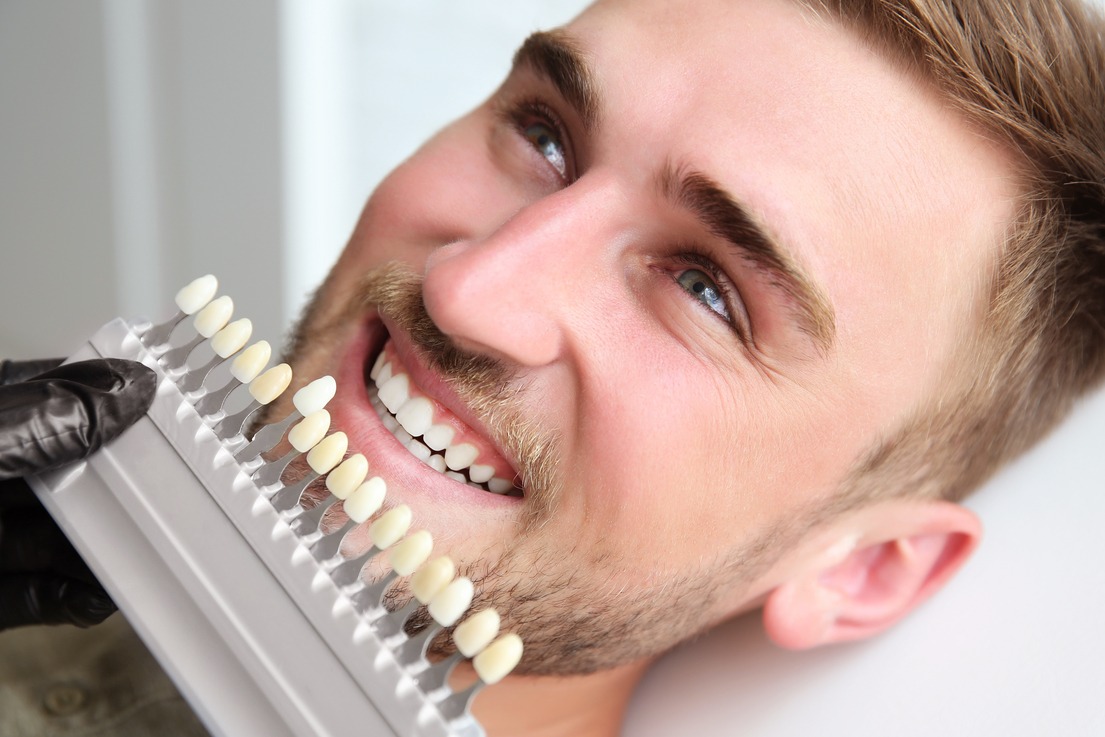
A brighter smile often represents confidence, health, and vitality, but safety concerns can make many hesitant to explore whitening options. So, is whitening your teeth safe? The answer is yes—when done correctly and under professional guidance.
Below, you’ll find essential insights to guide your decision, backed by expert advice.
Key Points
- Professional whitening is safe with expert supervision.
- Over-the-counter options can harm enamel if misused.
- Sensitivity from whitening is temporary and manageable.
- Consultation ensures tailored and safe treatments.
- Simple habits protect enamel and maintain results.
What Makes Professional Whitening Safe?
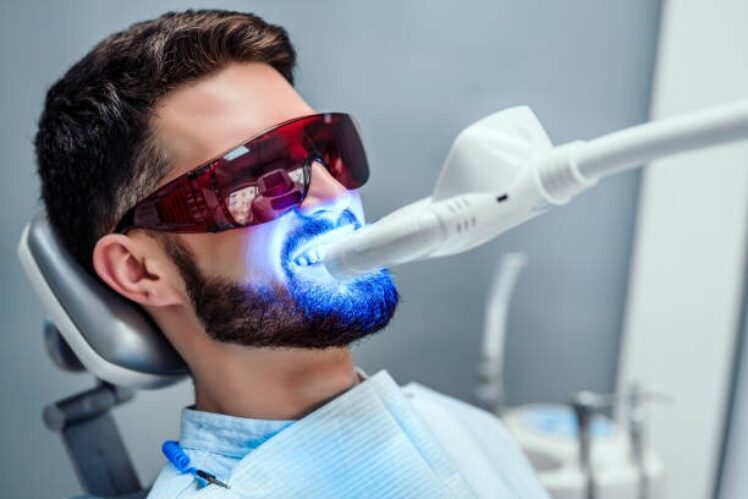
Source: valleycreekdentalcare.com
Dental professionals use regulated products and customize the process for each patient. This approach minimizes risks and ensures comfort. Key factors include:
- Controlled Application: Dentists use precise methods to avoid irritation.
- Tailored Formulas: Concentrations are adjusted based on your dental health.
- Pre-Treatment Evaluation: Your teeth and gums are assessed for suitability.
Unlike DIY kits, professional whitening does not expose your enamel to unnecessarily high peroxide levels or poorly fitted trays.
For those seeking safe, effective whitening solutions, teeth whitening Liverpool services offer tailored treatments. Performed under professional care, these options prioritize safety while delivering noticeable, lasting results. Unlike store-bought kits, professionally guided whitening minimizes risks and maximizes effectiveness.
Myths About Whitening Safety
Many fear whitening damages enamel or causes irreversible sensitivity. These concerns are rooted in misinformation.
- Does Whitening Damage Enamel?
No. Whitening products work on surface stains, not the enamel structure. Professional-grade solutions are scientifically tested for safety. - Is Sensitivity Permanent?
Temporary sensitivity can occur, especially with DIY products. Professional treatments involve desensitizing agents to prevent discomfort. - Are Results Long-Term?
Results last longer when coupled with proper maintenance. Regular cleaning and avoiding staining habits ensure your smile stays radiant.
Who Should Avoid Whitening?
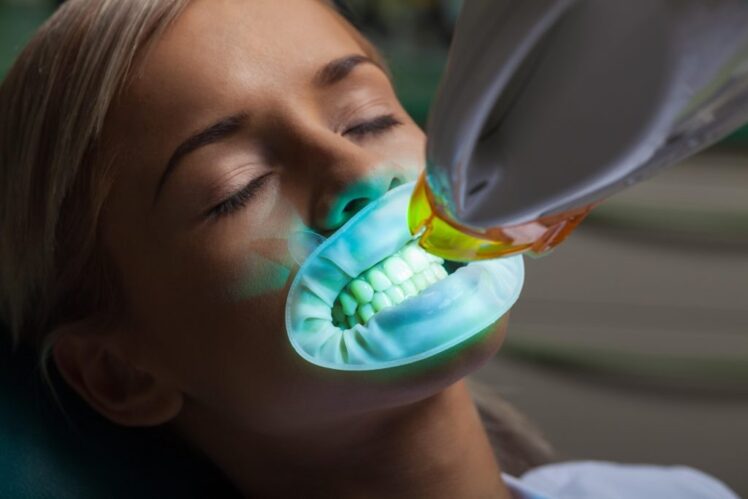
Source: yourdentistryguide.com
While safe for most, some individuals should delay or avoid whitening:
- Pregnant or Nursing Women: Safety data for this group is limited.
- People with Dental Conditions: Cavities or gum disease must be treated first.
- Children and Adolescents: Teeth are still developing and require caution.
Consulting a dentist ensures that whitening aligns with your oral health needs.
Managing Whitening Sensitivity
Sensitivity is often the biggest concern. Thankfully, it’s manageable:
- Use a toothpaste designed for sensitive teeth before and after treatment.
- Avoid very hot or cold foods for a few days post-whitening.
- Schedule touch-ups instead of aggressive whitening sessions.
Dentists also recommend products with fluoride to strengthen enamel.
Choosing Safe Whitening Options
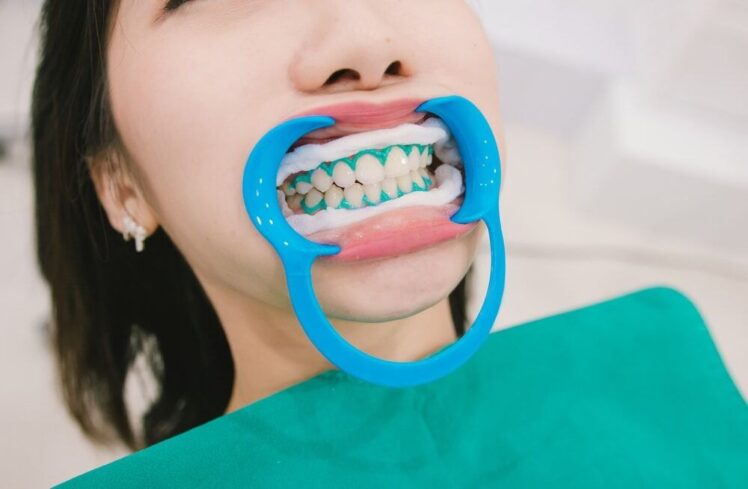
Source: suttonpda.com
Navigating available options can be overwhelming. Here are the safest choices:
1. In-Office Whitening
Performed in a controlled setting, in-office whitening provides the fastest and safest results. Dentists protect gums with barriers while applying the whitening solution.
2. Professional At-Home Kits
Custom-fitted trays from a dentist ensure even application and prevent leaks. This method is more convenient for those who prefer gradual results.
3. Over-the-Counter Products
Though widely available, many over-the-counter options carry risks. Poorly fitting strips or pens can irritate gums or lead to uneven whitening. Always consult a dentist before using these products.
Tips to Maintain Results Safely
Maintaining your brighter smile requires adopting safe habits:
- Brush and Floss Regularly: Keep plaque and surface stains at bay.
- Avoid Staining Foods and Drinks: Coffee, tea, and wine can dull results. Use a straw to minimize contact.
- Schedule Regular Cleanings: Professional cleanings remove stains that at-home care cannot.
- Use Whitening Toothpaste Sparingly: Overuse can erode enamel.
When to Consult a Professional
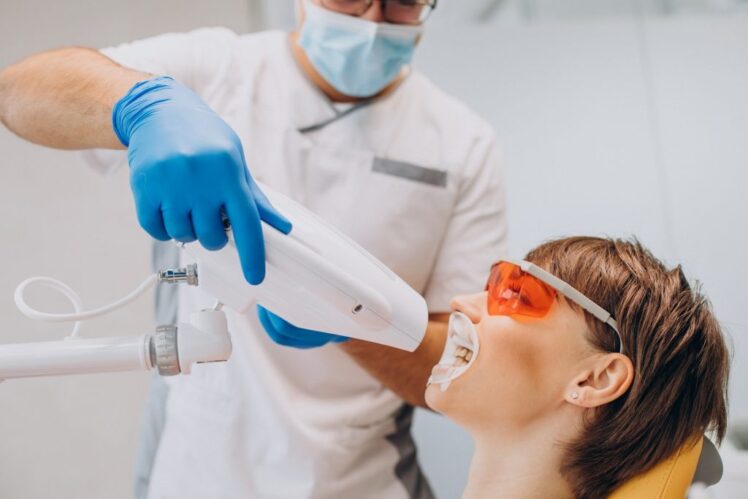
Source: graysoncalmdentistry.com
If you’re uncertain about whitening options, consult a professional. A dentist evaluates your dental health, identifies underlying issues, and suggests the safest methods for achieving your goals.
Regular dental visits ensure a proactive approach to oral health, preventing complications that might arise from DIY methods.
FAQs
Is whitening safe for sensitive teeth?
Yes, but professional supervision is essential. Dentists use desensitizing agents to minimize discomfort.
How often can I whiten safely?
Professional treatments can be done annually, while touch-ups depend on your habits and enamel health.
Can I whiten veneers or crowns?
No, artificial surfaces like veneers or crowns do not respond to whitening agents.
Are LED whitening kits safe?
Only those recommended by a dentist. Misuse or poor-quality kits can damage enamel.
Conclusion
Whitening your teeth is a safe, effective way to enhance your smile when done under professional care. Avoid shortcuts and unregulated products that compromise safety. Consult a trusted dentist to explore tailored options and maintain a confident smile with proper care.
Schedule a consultation today for expert guidance and a brighter future for your smile.





